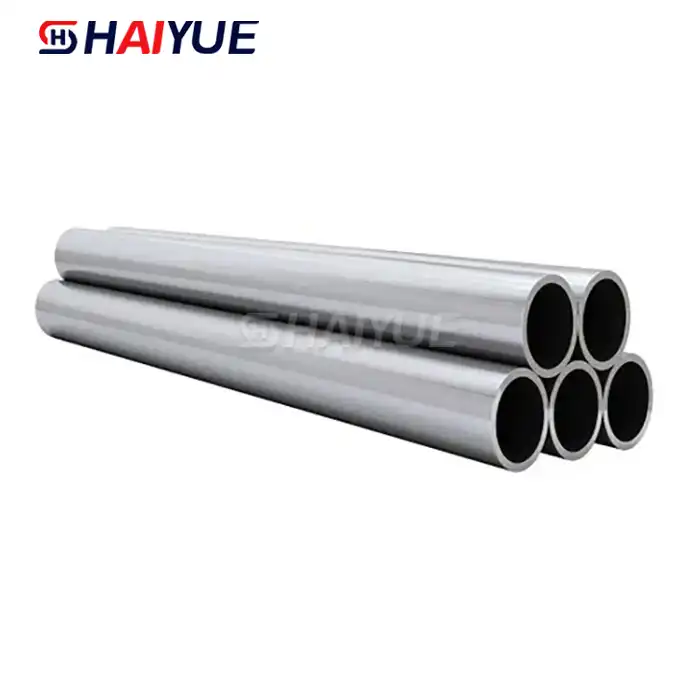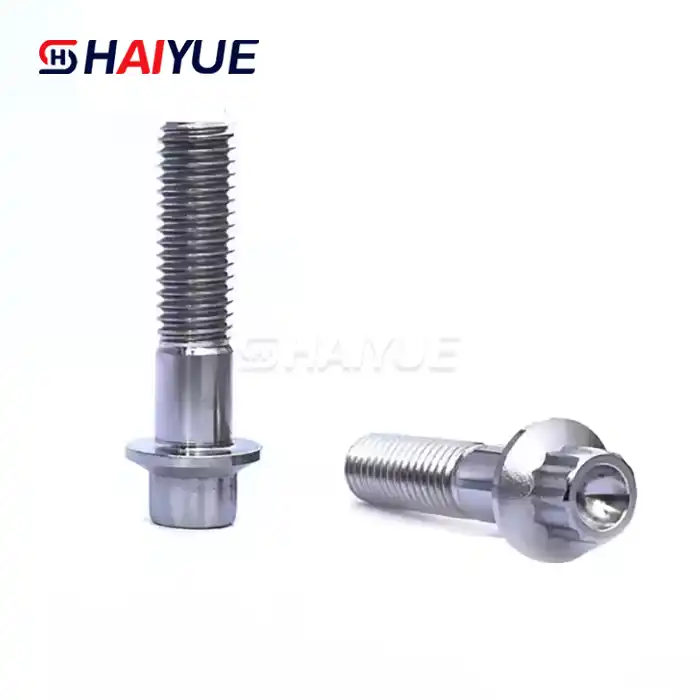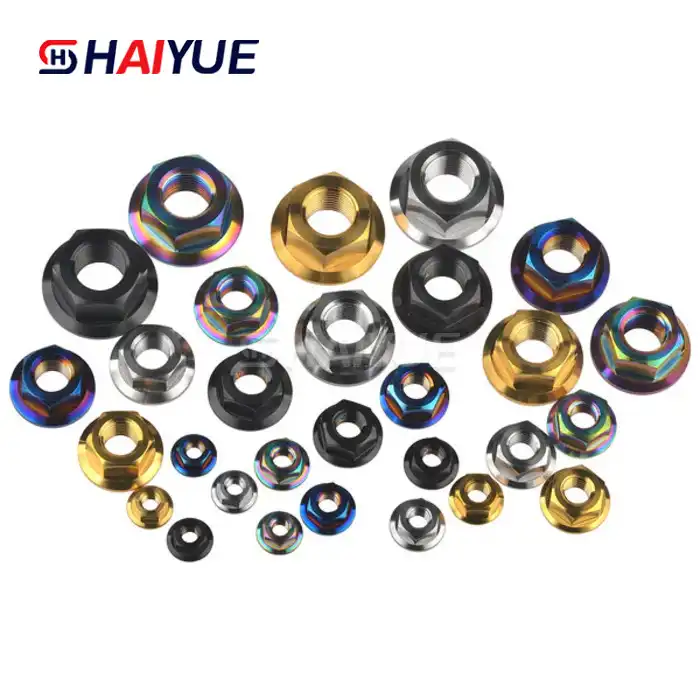- English
- French
- German
- Portuguese
- Spanish
- Russian
- Japanese
- Korean
- Arabic
- Greek
- German
- Turkish
- Italian
- Danish
- Romanian
- Indonesian
- Czech
- Afrikaans
- Swedish
- Polish
- Basque
- Catalan
- Esperanto
- Hindi
- Lao
- Albanian
- Amharic
- Armenian
- Azerbaijani
- Belarusian
- Bengali
- Bosnian
- Bulgarian
- Cebuano
- Chichewa
- Corsican
- Croatian
- Dutch
- Estonian
- Filipino
- Finnish
- Frisian
- Galician
- Georgian
- Gujarati
- Haitian
- Hausa
- Hawaiian
- Hebrew
- Hmong
- Hungarian
- Icelandic
- Igbo
- Javanese
- Kannada
- Kazakh
- Khmer
- Kurdish
- Kyrgyz
- Latin
- Latvian
- Lithuanian
- Luxembou..
- Macedonian
- Malagasy
- Malay
- Malayalam
- Maltese
- Maori
- Marathi
- Mongolian
- Burmese
- Nepali
- Norwegian
- Pashto
- Persian
- Punjabi
- Serbian
- Sesotho
- Sinhala
- Slovak
- Slovenian
- Somali
- Samoan
- Scots Gaelic
- Shona
- Sindhi
- Sundanese
- Swahili
- Tajik
- Tamil
- Telugu
- Thai
- Ukrainian
- Urdu
- Uzbek
- Vietnamese
- Welsh
- Xhosa
- Yiddish
- Yoruba
- Zulu
Are titanium lug bolts better?
When it comes to automotive performance and aesthetics, every detail matters. One often overlooked component that can make a significant difference is the humble lug bolt. Among the various options available, titanium wheel bolts have gained popularity in recent years. But are they really better than their steel counterparts? Let's dive into the world of titanium lug bolts and explore their benefits, drawbacks, and overall value for your vehicle.
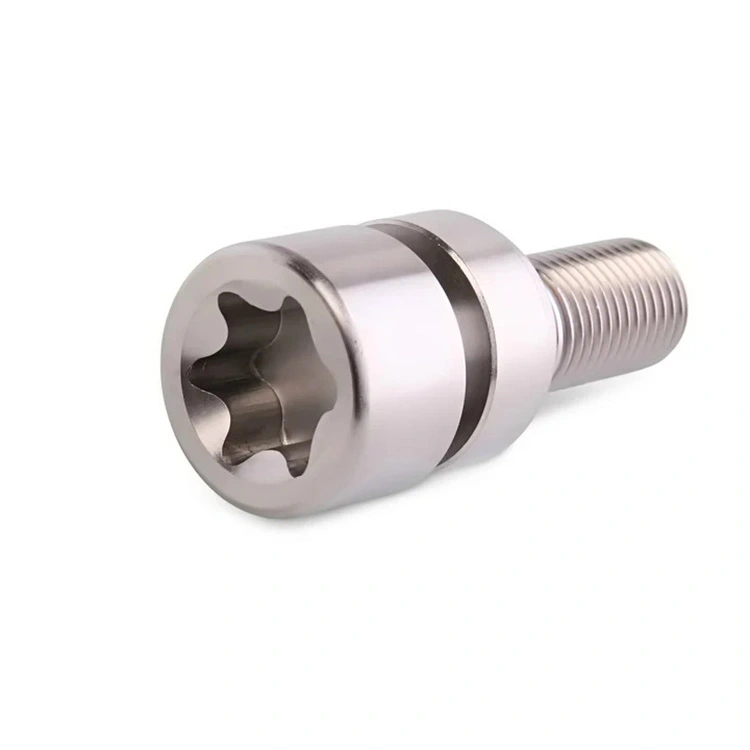
The Titanium Advantage: Strength and Weight Savings
Titanium is renowned for its exceptional strength-to-weight ratio, and this characteristic shines through in titanium wheel bolts. These fasteners offer a compelling combination of durability and lightness that can benefit your vehicle in several ways.
Unparalleled Strength
Titanium wheel bolts boast impressive tensile strength, often surpassing that of traditional steel lug bolts. This means they can withstand higher levels of stress and strain without compromising the integrity of your wheel assembly. The enhanced strength of titanium bolts provides an extra layer of security, especially for high-performance vehicles or those subjected to demanding driving conditions.
Significant Weight Reduction
One of the most touted advantages of titanium wheel bolts is their weight savings. Titanium is approximately 45% lighter than steel, which translates to a noticeable reduction in unsprung weight when you replace all your lug bolts. While the weight difference might seem minimal for a single bolt, the cumulative effect across all four wheels can contribute to improved handling, acceleration, and fuel efficiency.
For performance enthusiasts and racers, every gram counts. The weight reduction offered by titanium wheel bolts can help lower rotational mass, allowing your wheels to spin up more quickly and respond more readily to driver inputs. This can result in marginally better acceleration and more precise handling, especially in high-speed cornering situations.
Durability and Corrosion Resistance: Long-Term Benefits
Beyond their immediate performance advantages, titanium wheel bolts offer long-term benefits that can make them a worthwhile investment for many vehicle owners.
Superior Corrosion Resistance
Titanium naturally forms a protective oxide layer when exposed to air, making it highly resistant to corrosion. This inherent property gives titanium wheel bolts a significant edge over steel lug bolts, especially in regions with harsh climates or where road salt is commonly used. The corrosion resistance of titanium ensures that your wheel bolts remain in top condition for years, reducing the risk of seized or damaged bolts during tire changes or rotations.
Longevity and Reliability
The combination of strength and corrosion resistance contributes to the exceptional longevity of titanium wheel bolts. While steel lug bolts may need replacement after several years due to wear, corrosion, or fatigue, titanium bolts can often outlast the vehicle itself. This durability not only provides peace of mind but can also result in long-term cost savings, as you'll likely need to replace them less frequently.
Moreover, the reliability of titanium wheel bolts can be particularly beneficial for track day enthusiasts or those who frequently change wheels. The reduced risk of bolt failure or damage during repeated installations and removals adds an extra layer of confidence to your wheel setup.
Considerations and Potential Drawbacks
While titanium wheel bolts offer numerous advantages, it's essential to consider some potential drawbacks and factors before making the switch.
Cost Considerations
The most significant barrier to entry for many car owners is the cost of titanium wheel bolts. They are typically several times more expensive than standard steel lug bolts, which can make them a considerable investment, especially for vehicles with a high lug count. However, it's worth noting that the long-term durability and potential performance benefits may offset the initial cost for some enthusiasts.
Installation and Torque Specifications
Titanium wheel bolts often require specific installation procedures and torque specifications that may differ from those of steel bolts. It's crucial to follow the manufacturer's guidelines precisely to ensure proper fitment and prevent any issues. Some titanium bolts may also require periodic re-torquing, especially during the initial break-in period, which can be an additional maintenance consideration.
Compatibility and Regulations
Before opting for titanium wheel bolts, it's essential to verify their compatibility with your vehicle and wheels. Some aftermarket wheels may have specific requirements or limitations regarding lug bolt materials. Additionally, certain racing organizations or track day events may have regulations concerning the use of non-standard lug bolts, so it's wise to check the rules if you participate in such activities.
It's also worth noting that while titanium wheel bolts offer excellent strength, they may not be necessary for every vehicle or driving scenario. For many daily drivers and casual enthusiasts, high-quality steel lug bolts can provide more than adequate performance and durability at a lower cost.
Conclusion
So, are titanium lug bolts better? The answer, as with many automotive upgrades, depends on your specific needs, preferences, and budget. Titanium wheel bolts undoubtedly offer several advantages, including exceptional strength, weight savings, and corrosion resistance. For performance enthusiasts, track day regulars, and those seeking the ultimate in wheel security and longevity, titanium bolts can be a worthwhile investment.
However, for the average driver or those on a tighter budget, high-quality steel lug bolts may provide sufficient performance and durability at a more accessible price point. Ultimately, the decision to upgrade to titanium wheel bolts should be based on a careful consideration of your vehicle's requirements, your driving habits, and your long-term goals for your car.
If you do decide to make the switch to titanium wheel bolts, be sure to purchase from a reputable manufacturer, follow installation instructions carefully, and enjoy the peace of mind that comes with knowing your wheels are secured by some of the strongest and most durable fasteners available in the automotive world. Contact our team of experts today at Jolina@bjhyti.com to learn more about our product.
References
1. "Automotive Fasteners and Components: Materials and Manufacturing" by Dusan P. Sekulic, published by Elsevier, 2020.
2. "Lightweight and Sustainable Materials for Automotive Applications" edited by Omar Faruk, Mohini Sain, and Suhara Panthapulakkal, published by CRC Press, 2017.
3. "Titanium: Physical Metallurgy, Processing, and Applications" by F.H. Froes, published by ASM International, 2015.
4. "Race Car Vehicle Dynamics" by William F. Milliken and Douglas L. Milliken, published by SAE International, 1995.
5. "Advanced Materials in Automotive Engineering" edited by Jason Rowe, published by Woodhead Publishing, 2012.
Main Products
Applied Industries
Be used in a wide range of industries.

Electrolytic copper foil manufacturing industry

Hydrometallurgy industry

Sewage treatment industry
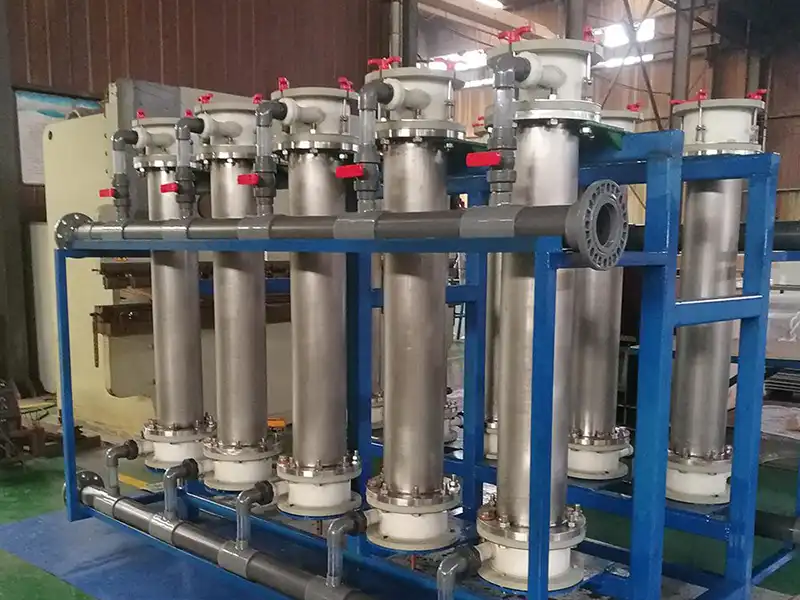
Cyclone electrolysis industry

Etching liquid electrolysis recovery industry

Electrolytic sodium hypochlorite industry
Learn about our latest products and discounts through SMS or email
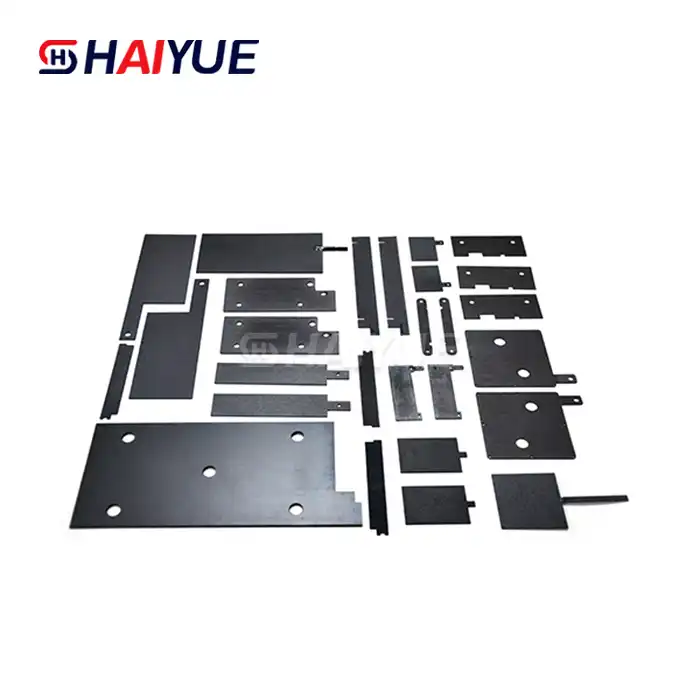
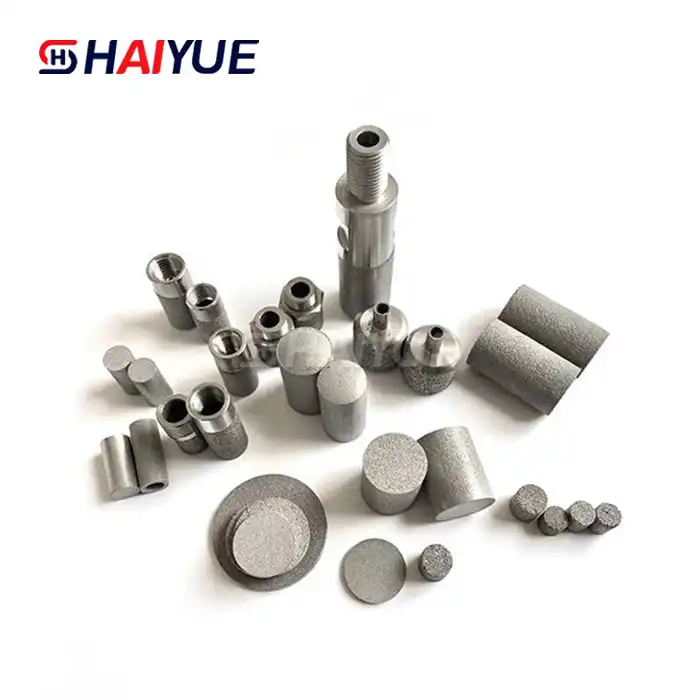
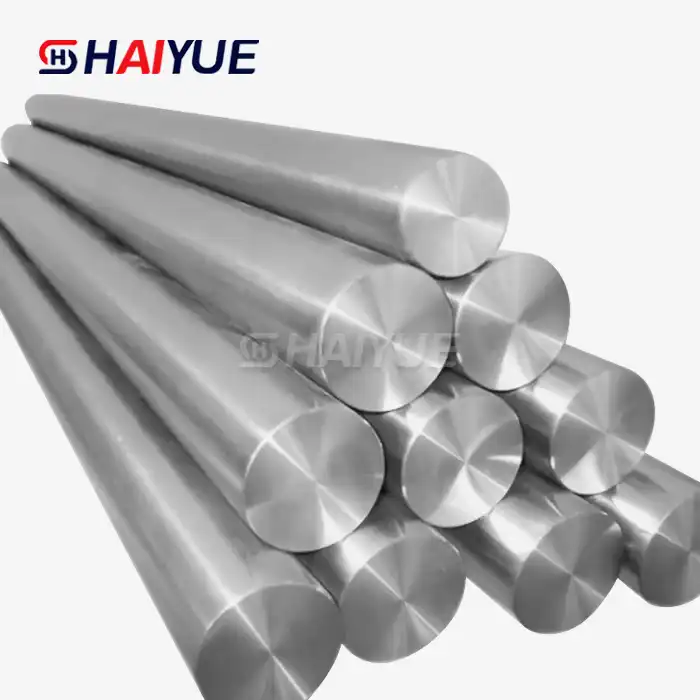
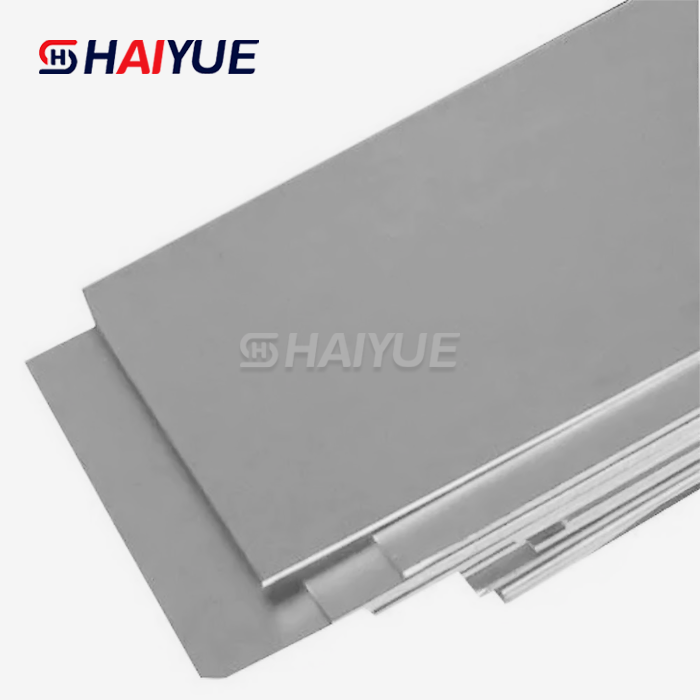
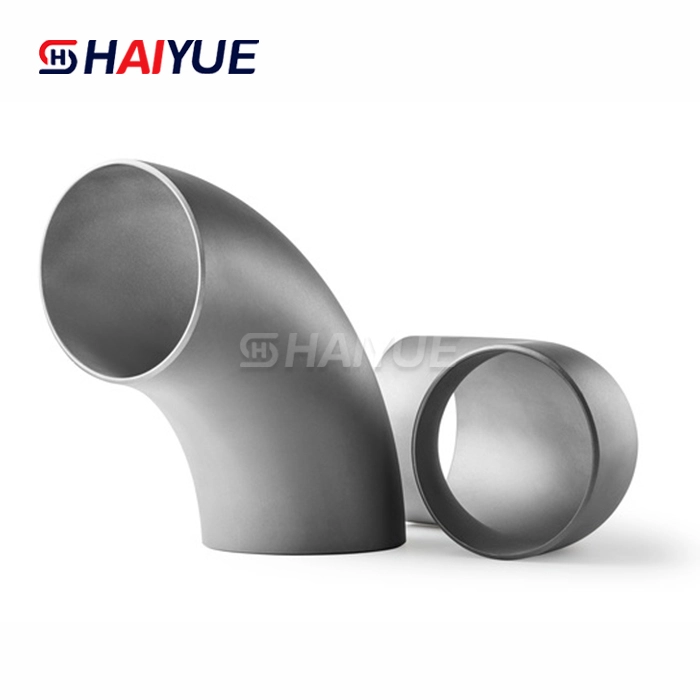
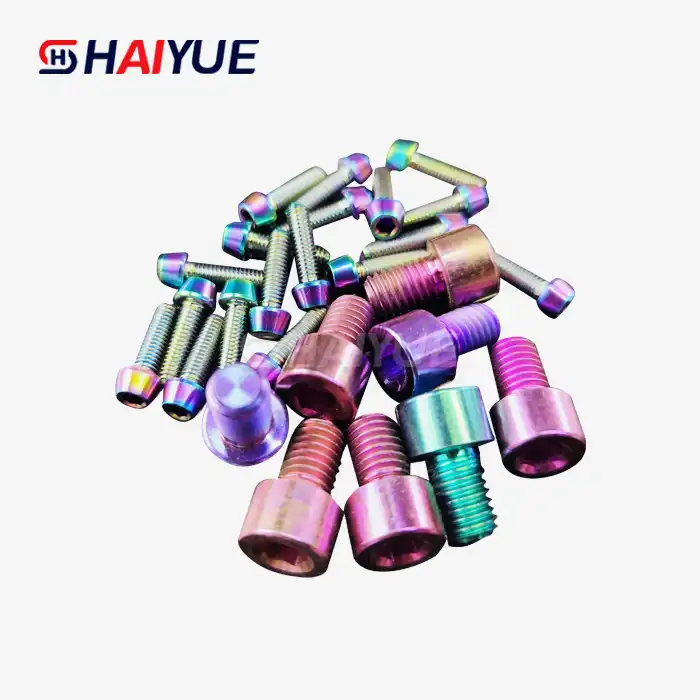
_1740639752402.webp)
